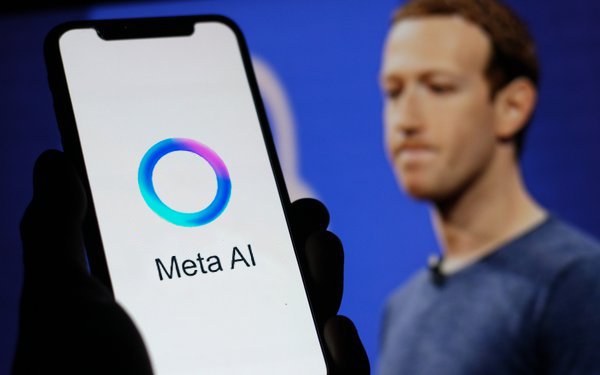
Following the deployment of Mobilizing Economic
Transformation Across (Meta) California, also known as “Meta California,” Meta launched another super PAC on Tuesday focused on mounting a challenge to AI and tech policy bills being introduced across the country.
According to a report from Axios, which has retained an exclusive announcement from Meta, Meta's national super PAC is called the
“American Technology Excellence Project.”
Trump advisor Brian Baker and Democratic consulting firm Hilltop Public Solutions will work together to run the super PAC, working to
elect tech-friendly politicians from both parties in next year's midterm elections.
advertisement
advertisement
The tech giant is committed to investing tens of millions into the project.
A Meta spokesperson says
that the super PAC is designed “to fend off what the company sees as poorly crafted state-level tech policy proposals – with 1,100 introduced just this year -- that could hurt the U.S. in
the AI race with China.”
Meta will use the super PAC to promote and defend U.S. technology companies and leadership, advocate for AI progress, and require that parents be responsible for
how their kids utilize online apps and AI technologies, the Axios report says.
Meta’s investment in nation-wide AI policy comes weeks after the company
announced a California-based super PAC – “Mobilizing Economic
Transformation Across California” – aimed at persuading a lawmakers’ approach to AI regulation, specifically in regards to the outcome of the state's current
gubernatorial race.
In addition, Meta has invested millions in “Leading the Future,” another California super PAC backed by AI investor Andreessen Horowitz, OpenAI
co-founder Greg Brockman, and other tech power-players who have invested over $100 million so far.
This year, Meta has spent almost $14 million on lobbying efforts in the United States.
Along with Meta’s political
influence over AI regulation, the company announced on Tuesday that it has gained approval from the U.S. General Services Administration (GSA) to supply federal agencies and departments with its own
Llama AI models and services, furthering the tech giant’s previously established AI-focused dealings with the Trump administration.